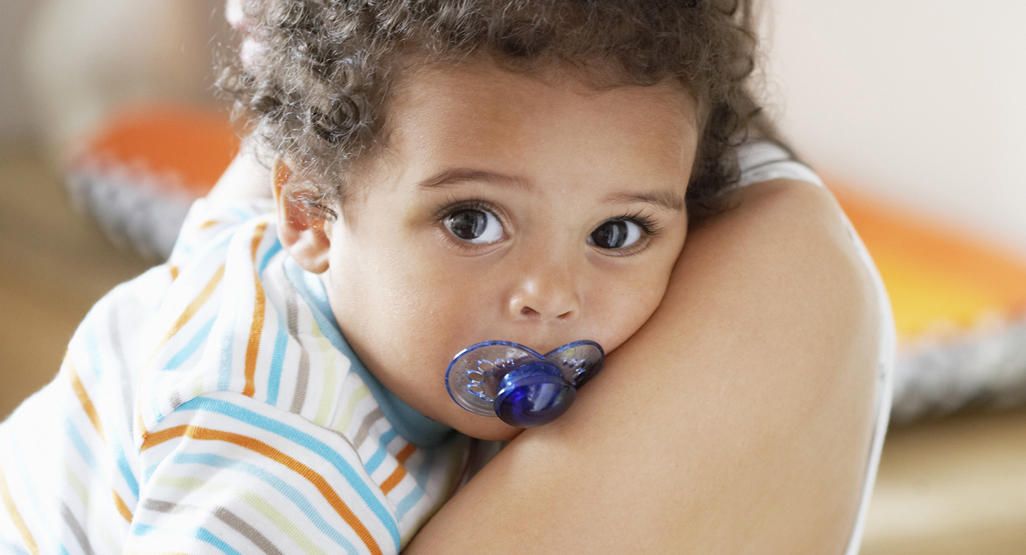When it comes to infants, the use of pacifiers has been a topic of much debate and discussion. On one hand, pacifiers are hailed for their ability to soothe fussy babies, aid in sleep, and satisfy their natural sucking reflex. On the other hand, their use is often associated with potential downsides that can affect a child’s oral development and create dependencies. As we delve into this topic, we’ll explore the biological benefit of pacifiers for babies and what experts in various fields say about the use of pacifiers.
Let’s start by understanding the sucking reflex in newborns and infants. The suck reflex is a natural behavior that plays a crucial role in their ability to feed and thrive. It begins to develop at 32 weeks’ gestation and is fully developed around 36 weeks. When the roof of their mouth is touched, babies automatically begin sucking.
The suck reflex has multiple purposes. It helps newborns and infants feed effectively, ensuring they receive the necessary nutrients for growth and development. It also helps coordinate sucking, swallowing, and breathing, making it safe for infants to consume breast milk or formula. Additionally, the suck reflex provides comfort and soothes babies, which is why pacifiers can be useful to calm an upset baby.
As infants grow, the suck reflex diminishes and disappears around 4 to 6 months of age. This is a natural part of their development as they transition to more mature feeding methods, such as the introduction of solid foods and their brain develops more voluntary and controlled movements.
When this transition begins, it’s a major milestone and also affects their use of pacifiers. As the suck reflex fades, this may be a good time to think about pacifier weaning. But remember, this process is different for every child, and timelines can vary depending on individual circumstances. Experts in various fields including dentistry, speech pathology, pediatric medicine and many more have varying opinions on when is ‘right’ time to ditch the pacifier. Let’s take a look at what some of these experts say.
The American Academy of Pediatrics recommends using the use of a pacifier during sleep up to the age of 12 months, as it may decrease the risk of SIDS. Some pediatric dentists recommend phasing out the use of pacifiers around the time teeth begin to erupt as it can lead to malocclusion, open bite, overbite, crossbite and even gum disease and/or cavities. but other dentists suggest beginning the weaning process by the age of one.
E.N.T doctors, or otolaryngologists, often point to a significant correlation between prolonged pacifier use and a heightened occurrence of recurring ear infections, a condition medically termed as otitis media.
And there are the those of us in the pediatric sleep world. My personal opinion is a combination of my own experience and what I have seen as a sleep consultant. Remembering that between the age of 4-6 months, there is no biological reason that a baby may need to use a pacifier as the suck reflex has disappeared, however, I do see the benefit of using a pacifier to help soothe and calm an upset baby. I used pacifiers with all three of my boys and used them for varying amounts of time and they were great!
When a client asks me when they should ditch the pacifier, my answer varies. I prefer to look at the larger picture that takes age, personality, current sleep situations and what the goal of the family is for sleep before giving a recommendation.
It’s almost inevitable that a pacifier will become a sleep association if you continue using it beyond 6 months. Every baby is different though! Some babies may only need it to fall asleep initially, while others may wake up crying until it’s back in their mouth. If your baby falls into the second group, you’ll have to consider if you’re willing to keep replacing the pacifier throughout the night to help them go back to sleep. If not, it might be the right time to start phasing out the pacifier.
When a baby continues to use a pacifier as they transition into toddlerhood, it presents an altogether different challenge. Not only does the child develop a belief that the pacifier is an absolute necessity for sleep, but they also grow more assertive about its usage. Anyone familiar with toddlers knows they can be quite adamant! Dropping the pacifier when you have a toddler is a bit more emotional for both the child and the parent. So, many find it simpler to wean off the pacifier before reaching this stage.
With all this being said, pacifiers can be a total lifesaver, providing that much-needed comfort and satisfying babies’ suck reflex during the day. But when it comes to sleep patterns and potential challenges like dental problems, ear infections, or speech development, it’s important to handle them with care. Every child is unique, so it’s all about making informed decisions and finding the right balance between comfort and potential challenges. Remember, parenthood is a journey of learning and adaptation, so trust your instincts, seek guidance when needed, and use pacifiers wisely!
Are You Ready to Drop the Pacifier?
But don’t know where to start.
I’ve helped many little ones from 5 months to 3 years ditch the pacifier once and for all with great success and minimal crying.

